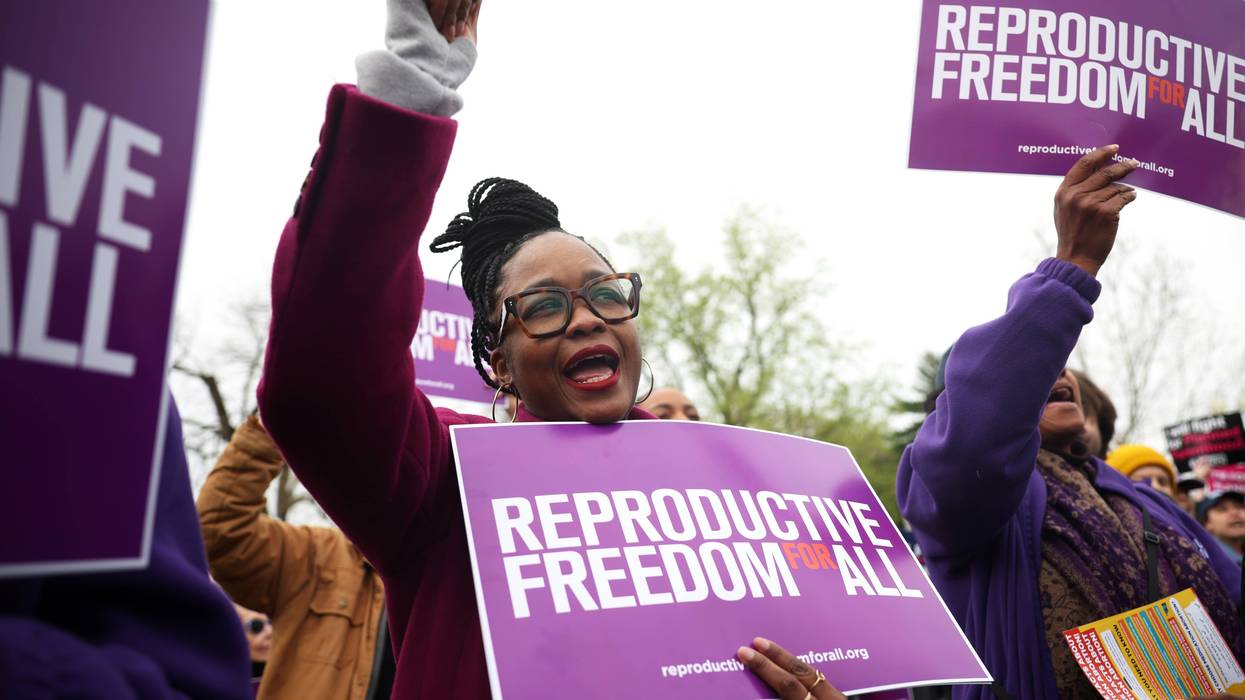The Federal Energy Regulatory Commission late yesterday ordered the fracked gas Mountain Valley Pipeline to halt construction activities along the entire 303-mile route of the project.
FERC's order is in response to a federal court staying key permits for the project last week until it can determine whether the project complies with the Endangered Species Act. The new order allows only the work necessary to stabilize the right-of-way in previously disturbed areas.
This represents a significant challenge to a project already facing numerous hurdles and self-inflicted wounds, including announcements last week that MVP must pay a multimillion-dollar fine and had two of their necessary permits revoked.
But the federal commission's action falls short of its enforcement responsibilities in two crucial areas. First, the commission leaves it up to the pipeline company to define what it considers "stabilization." Second, it appears to allow the company to self-regulate on whether such activities would harass, harm or kill endangered species.
Mountain Valley Pipeline has already shown the company will try to get around a construction suspension by defining some pipeline construction activities as necessary for stabilization; FERC's order appears to allow company managers to determine for themselves the extent to which these activities continue to harm endangered species.
The project has been controversial since it was first announced. A petition against it and the nearby Atlantic Coast Pipeline, launched just two months ago, has already garnered more than 75,000 signatures.
"MVP has repeatedly violated environmental safeguards, clean-water protections, and plain common sense in their construction of this fracked gas pipeline," said Sierra Club Senior Attorney Elly Benson. "We have known all along that their plans for this pipeline are disastrous for the endangered species, streams, and communities in its path, and we're glad to see FERC finally order them to stop construction along the entire route. However, FERC must not allow MVP to continue installing pipeline under the guise of stabilization, as MVP has been doing under the limited suspension put in place in August. We know we can't trust the polluting corporations behind this dirty, dangerous pipeline to do what's best for wildlife, the climate, or our communities, so FERC must not allow MVP to determine the extent to which their work continues to harm endangered species. Letting MVP self-police on defining 'stabilization' and harming endangered species is like asking the fox to guard the henhouse -- it's an abdication of FERC's responsibilities."
"We're relieved pipeline construction is stopped for now, but this climate- and wildlife-killing project should be permanently scrapped," said Jared Margolis, a senior attorney at the Center for Biological Diversity. "A polluting fossil fuel pipeline has no place in today's world."
"The command that Mountain Valley cease all construction immediately is appropriate and necessary to meet the law," said David Sligh, conservation director at Wild Virginia. "However, FERC has previously allowed work that is clearly construction to be done under the guise that it is 'stabilization.' The commission must now act responsibly and clearly prohibit all activities that are not absolutely necessary to protect the environment. FERC must no longer play deceptive games that allow further destruction from a project that cannot protect our resources and may never be completed."
"As we've said all along, MVP must stop all construction on this project before even more damage is done," said Anne Havemann, general counsel for Chesapeake Climate Action Network. "We're glad to see FERC implement the court's decision and order an immediate stop to construction. We further urge the commission to make it absolutely clear that construction under the guise of stabilization will not be allowed."
"FERC's stop work order is welcome news, but the fracked gas Mountain Valley Pipeline should never have been approved without rigorous review of the impacts of this environmentally damaging project on local people, wildlife, and the climate," said Jason Rylander, senior endangered species counsel for Defenders of Wildlife. "Fast tracking projects like this is always a mistake and now the chickens are coming home to roost."
"FERC's order to cease Mountain Valley Pipeline construction is a step in the right direction, but it doesn't undo the harm that has been wrought over the past year and a half, as water resources, forests, farms and habitat have been destroyed by illegal construction practices," said Peter Anderson, Virginia program manager for Appalachian Voices. "FERC should not trust MVP to interpret what is appropriate 'stabilization' for this unnecessary project; it is in the developer's interest to keep plowing ahead. Rather, FERC must comply with the Endangered Species Act and ensure MVP does not harm any listed species."
"The public deserves FERC's exacting and credible review of MVP's status report and any continuing activity on the right of way," said Roberta Bondurant, member of Preserve Bent Mountain. "Monitors will continue to vigilantly report MVP activity -- whether or not in the guise of 'stabilization' -- that degrades habitat of threatened and endangered species or is otherwise outside FERC and Fourth Circuit directives."





